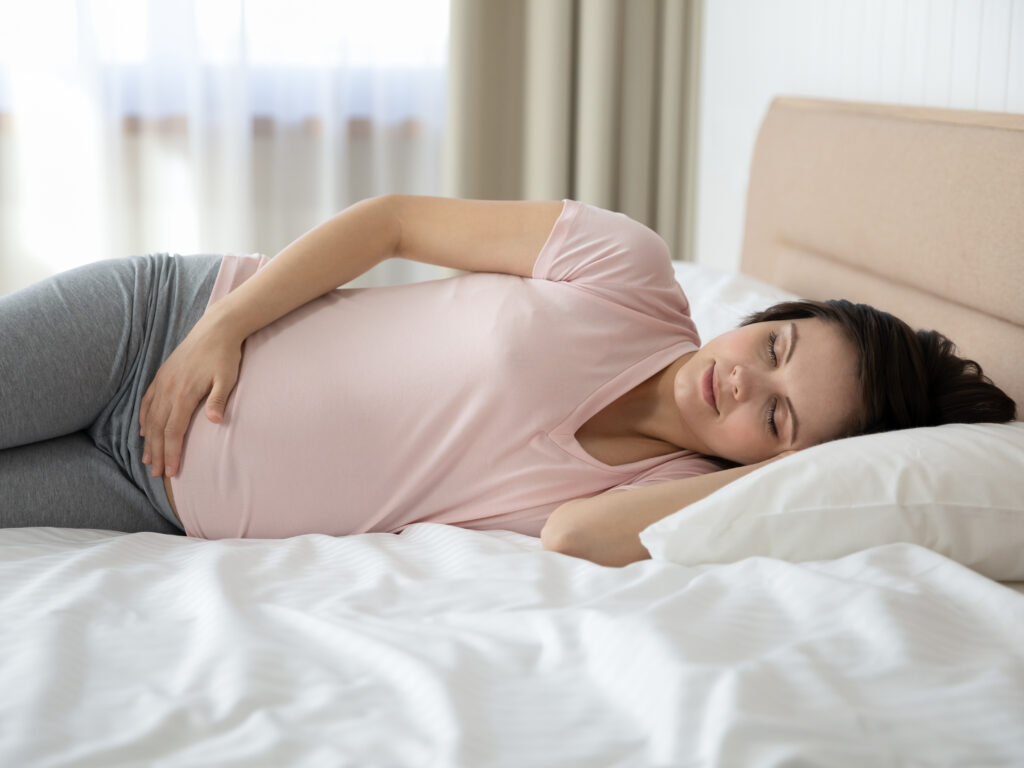Sleep is a vital pillar of health, affecting everything from cognitive function to immunity. However, its role in reproductive health is often overlooked. Emerging research reveals that sleep disorders can significantly impact fertility, hormone levels, and overall reproductive wellbeing for both men and women. Understanding this link is essential for those trying to conceive or simply aiming to support their reproductive system.
Hormonal Disruption and Fertility
One of the most direct ways sleep disorders affect reproductive health is through hormonal imbalance. The body’s sleep-wake cycle, or circadian rhythm, regulates the production of key reproductive hormones. In women, lack of quality sleep can disturb the secretion of luteinising hormone, which plays a central role in ovulation. Men may experience decreased testosterone levels due to sleep deprivation, which can reduce sperm count and libido.
Sleep conditions such as insomnia and obstructive sleep apnoea have been linked to irregular menstrual cycles, reduced ovarian reserve, and even early menopause. In men, studies have shown that poor sleep is associated with lower sperm motility and altered sperm morphology, both of which affect the ability to conceive.
Sleep Apnoea and Polycystic Ovary Syndrome
There is a strong connection between sleep apnoea and PCOS – a common cause of infertility in women. Women with PCOS are at a higher risk of developing OSA due to factors such as obesity and insulin resistance. This creates a vicious cycle, as poor sleep exacerbates hormonal imbalances and insulin dysregulation, which in turn worsen PCOS symptoms and reduce fertility.
Treatment for sleep apnoea, such as using a CPAP machine, has been shown to improve insulin sensitivity and hormonal profiles in women with PCOS, potentially improving ovulatory function and reproductive outcomes.
Impact on IVF Success Rates
For individuals undergoing assisted reproductive technologies like IVF, sleep health becomes even more critical. Research suggests that women who get less than 6 hours or more than 9 hours of sleep a night may have lower success rates with IVF. Sleep disorders may affect endometrial receptivity, embryo quality, and the hormonal support needed to maintain a pregnancy.
Ensuring adequate and restful sleep during fertility treatment could enhance the likelihood of a successful outcome, especially when combined with other healthy lifestyle changes.
Stress, Sleep, and Reproductive Health
Chronic stress is a common factor in both sleep disturbances and fertility issues. Stress activates the hypothalamic-pituitary-adrenal (HPA) axis, which can suppress reproductive hormones and impair ovulation or sperm production. In turn, disrupted sleep increases stress levels, creating a cycle that is difficult to break.
Relaxation techniques such as meditation, yoga, and cognitive behavioural therapy for insomnia (CBT-I) have shown promise in improving both sleep quality and reproductive hormone balance.
Supporting Reproductive Health Through Better Sleep
Improving sleep hygiene is a simple yet powerful step towards protecting fertility. Creating a consistent bedtime routine, limiting screen time before bed, and avoiding caffeine late in the day can promote restful sleep. For those struggling with persistent sleep issues, seeking medical support is essential.
Sleep and reproductive health are deeply interconnected. By prioritising sleep, individuals can not only boost overall wellbeing but also support their chances of conception and healthy reproductive functioning.
If you’re concerned about how sleep may be affecting your reproductive health, get in touch with our team for personalised advice and support.

